Did you experience anything negative in childhood that still haunts you? Do you know how your brain hides these painful memories? How to heal your childhood trauma?
A child can experience trauma in any form – rape, abuse, violence, neglect, accidents, or natural disasters like Tsunami any other situation that created extreme fear or shock. Such experiences have a long-lasting effect on mind but its manifestation is usually seen in adulthood.
Unlike the physical wounds the, childhood trauma leaves scars that are not visible but uglier and far more painful. The trauma takes a psychological toll on children as a result they change for the worse.
Exposure to the devastating event at an early age impacts thinking, reasoning, behaviour and the play becomes repetitive – often involves trauma. Consequently, they change for the worse.
They tend to develop a heightened stress response, which impacts their power to regulate emotions, leads to sleep difficulties, decreases immune function, lowers self-esteem and confidence, and increases the risk of various physical illnesses.
People with early childhood trauma also develop trust issues and tend to have a poor social life. Other common symptoms are aggression, self-harm, alcohol or drugs abuse.
Related: 7 Steps to Healing Childhood Trauma as an Adult
But, there are also cases where children don’t remember childhood trauma, because it is blocked or blurred by their brains. Such blurred memories of childhood trauma hinder the healing process.
For example – you must have seen people terrified with the smell of alcohol or experiencing panic attacks when touched by an older person or seeing heavy traffic on the road. It may be because the brain has blurred the memory of being molested or raped by an older person who was drunk or a truck accident by a drunk driver.
Not knowing what let to severe anxiety and panic attacks make you think “What is wrong with me?” “Am I abnormal”. This is also known as repressed or recovered memories.
What are the hidden memories of childhood trauma?
Traumatic experiences in early childhood may lead to anxiety disorder, depression, or post-traumatic stress disorder (PTSD). But not able to recall what exactly happened with you is the major obstacle to healing the trauma. It is difficult to receive psychological counselling with hidden memories of trauma. It is a lose-lose situation for trauma victims! They can heal the childhood scars only when they reach the root of all problems.
Research on hidden memories
Northwestern University conducted research to investigate how brain hides painful memories of trauma. The researchers experimented with lab mice and administered drug that stimulated the extra-synaptic GABA receptors in their brains. Upon activation, these receptors can alter the state of brain which causes a person to feel calm or alert, tired or awake.
After the drug administration, the mice were kept in the box and subjected to mild electric zap. And, this action represents a trauma in PTSD victim.
Once the mice were returned to the box they were back to a normal state and scurried around freely. This represents the stage where the victim cannot remember the incident and continues as normal. When the scientists administered the same drug to mice that stimulated their extra-synaptic GABA receptors and again placed it in the box, the rodents froze with fear.
The researchers concluded that the mice could access the memory of the shock when subjected to same adverse situation. Because of the drug and the shock treatment-induced in the mice the identical psychological state as the trauma.
Our brains have got distributed networks including cortex to store memories which can be consciously accessed to remember an event. When the mice were administered drugs they were in a different brain state and the stressful event primarily activated subcortical memory regions of the brain. The drug rerouted the processing of stress-related memories within the brain circuits so that they couldn’t be consciously accessed. That’s how traumatic memories are hidden away.
Related: How Childhood Trauma Impacts our Physical, Emotional and Relational Health
The Brain Stations
Just like radio FM stations, our brains have got different frequency bands according to Principal researcher Dr Jelena Radulovic, a professor at Northwestern University Feinberg School of Medicine.
He said, “It’s as if the brain is normally tuned to FM stations to access memories, but needs to be tuned to AM stations to access subconscious memories.”
The findings from the research on mice revealed that brains of some individuals who had traumatic experiences and stress don’t form memories the regular route. Instead, create inaccessible memories by turning on the extra-synaptic GABA system.
It is one of the methods that our minds use to protect us from horror and stress we had just experienced.
Dr Radulovic said that this study “could eventually lead to new treatments for patients with psychiatric disorders for whom conscious access to their traumatic memories is needed if they are to recover.”
The researchers conclude that trauma victims can receive psychological counselling or any medical help if their brains are returned to the same state of consciousness as when the memory was encoded.
Related: 3 Types Of Childhood Emotional Wounds That Keep You Stuck In Adult Life
No doubt, it would be a challenging task for victims to discover their childhood trauma and horrifying events in the past. Because you never thought or expected that it existed. But, that is the only way of healing childhood trauma.
Else, your past will keep haunting you!
This is wonderful research which brings hope to people who cannot figure out what is holding them back in life.
Related video:
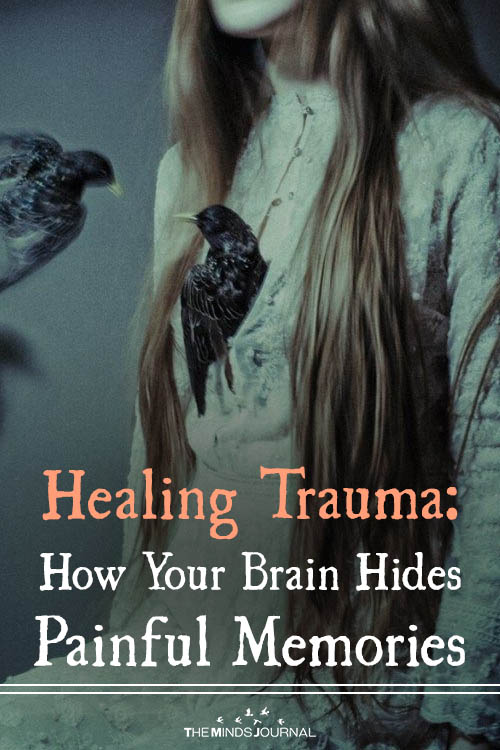
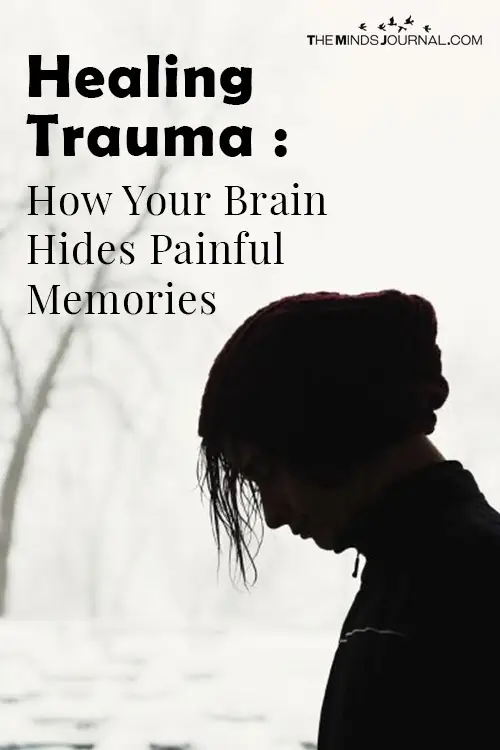
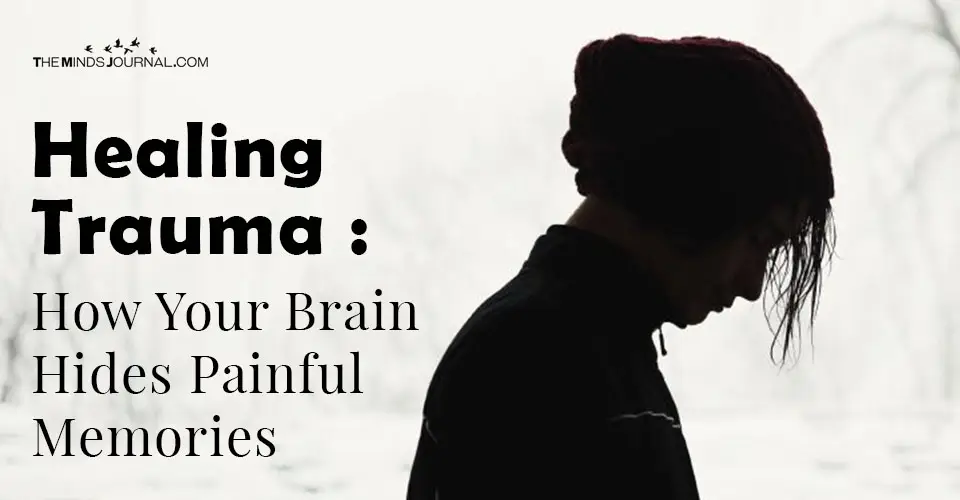
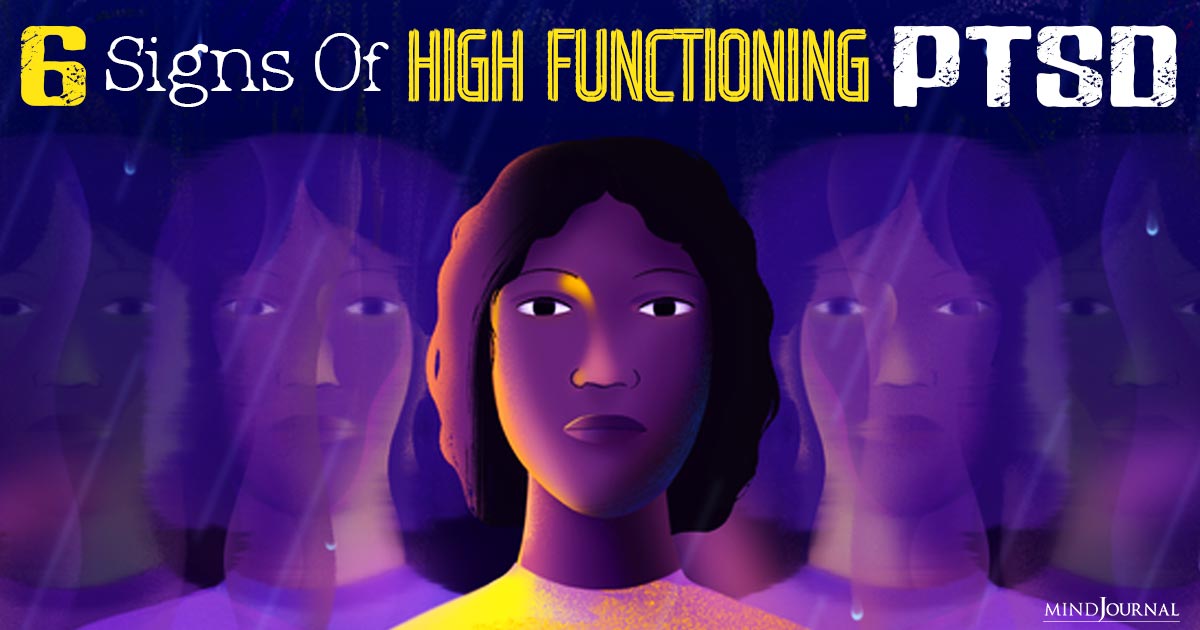
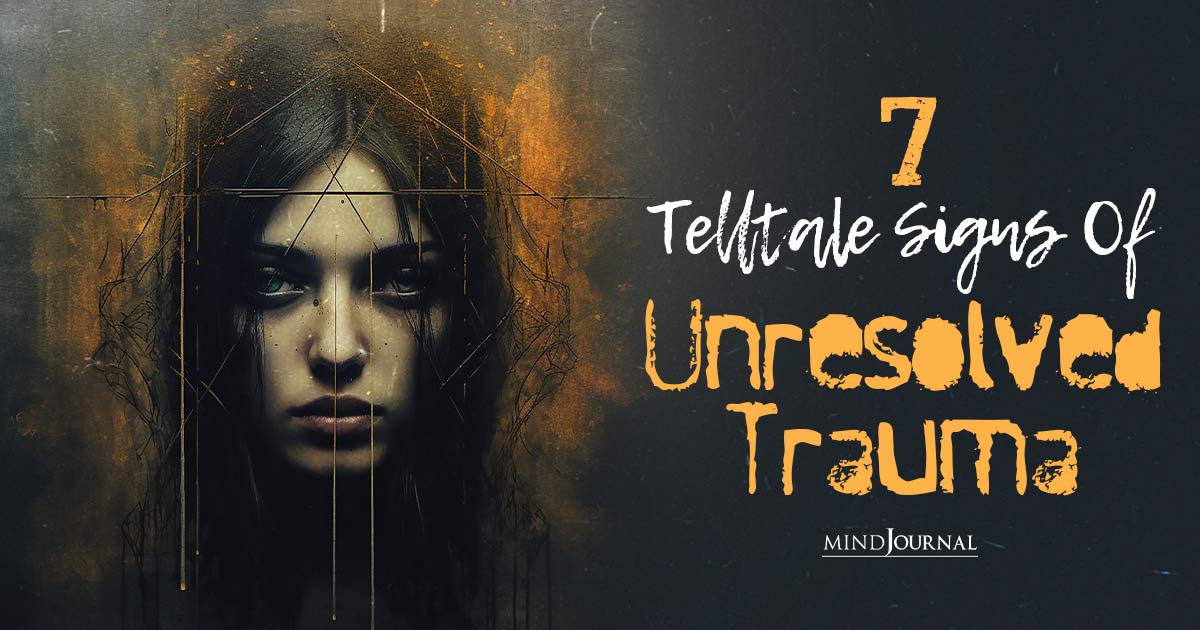
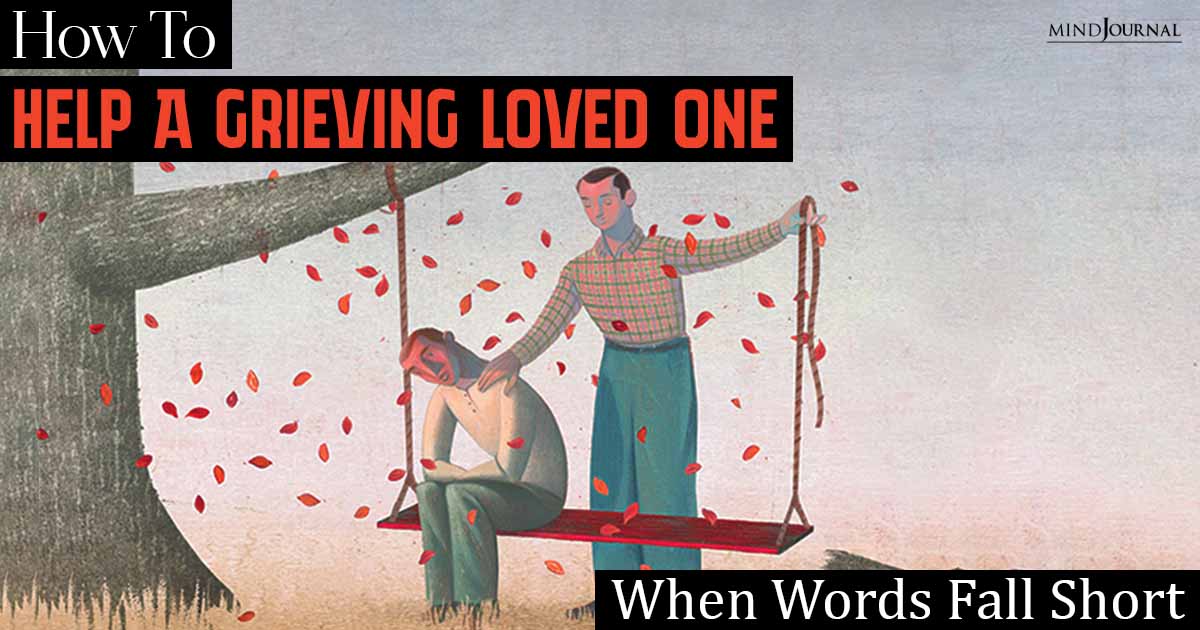
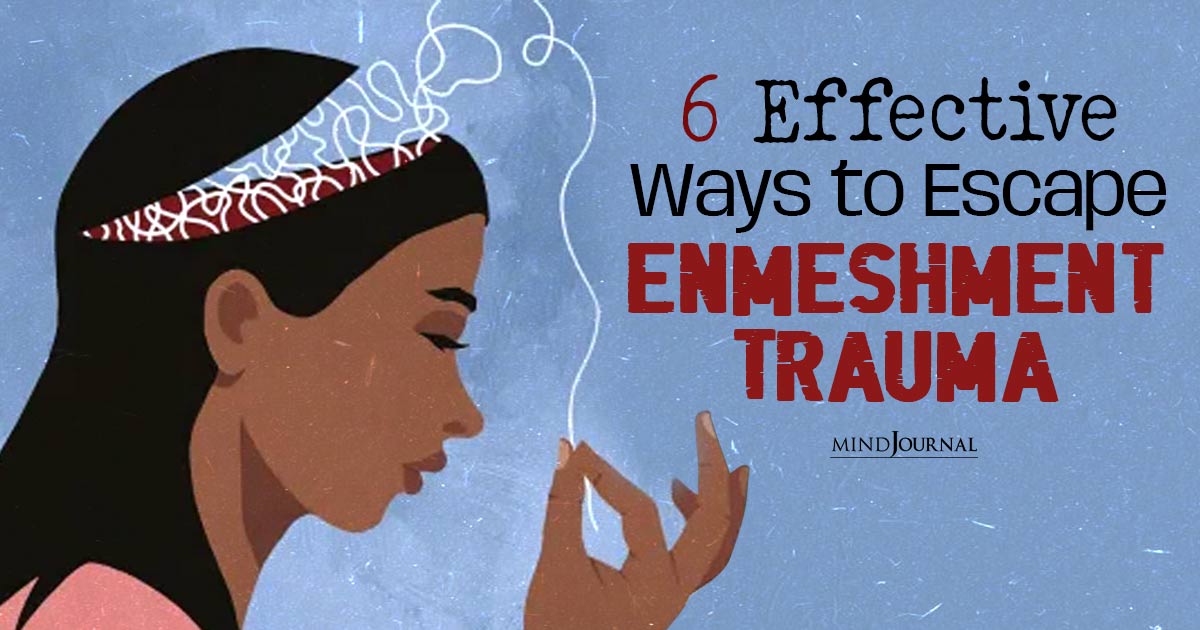
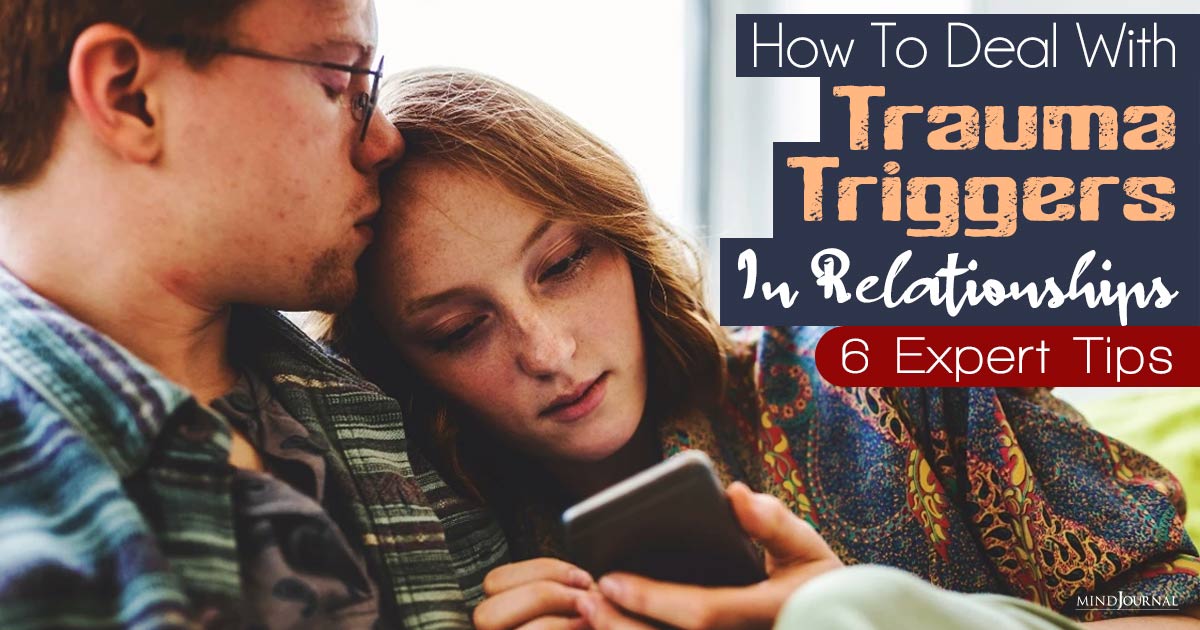
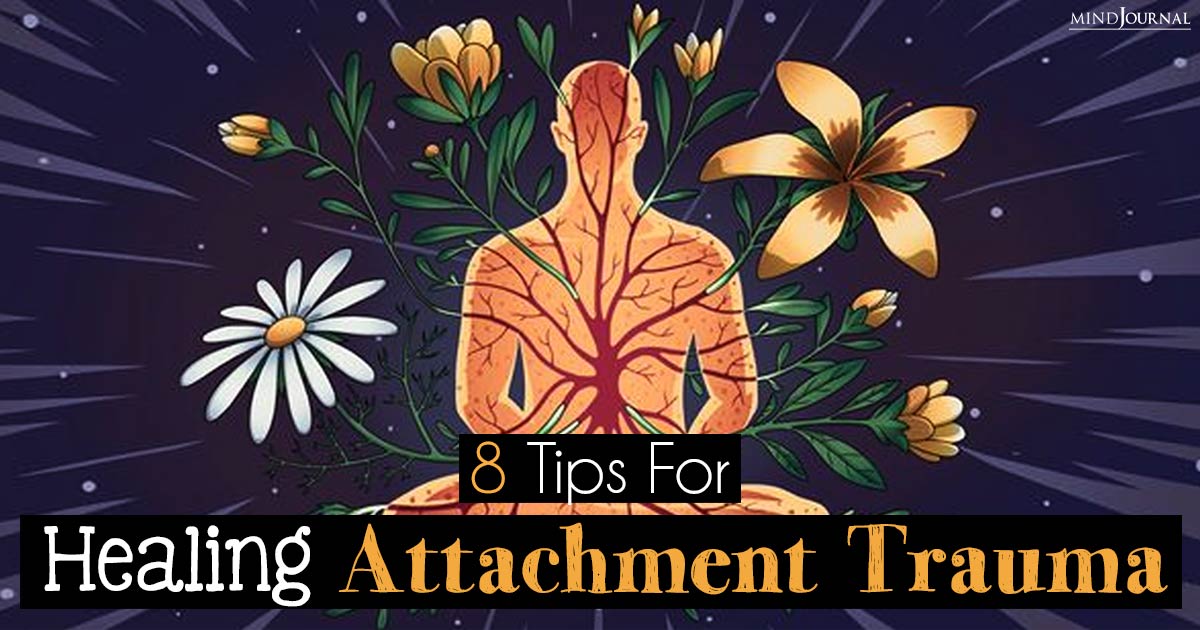
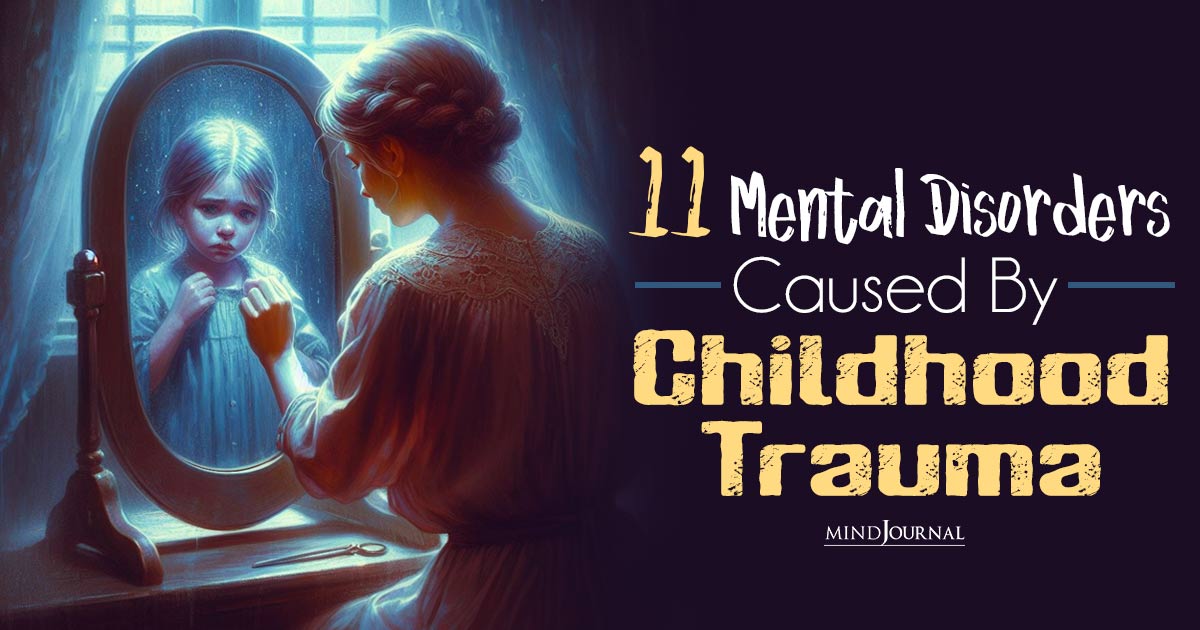
Leave a Reply
You must be logged in to post a comment.